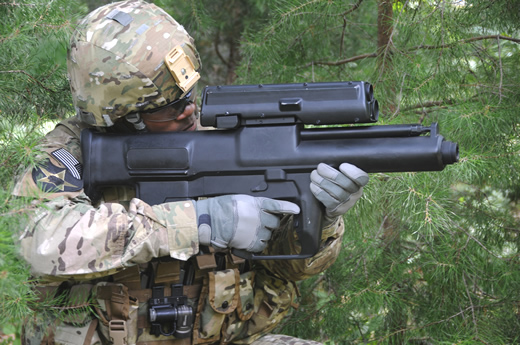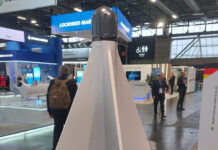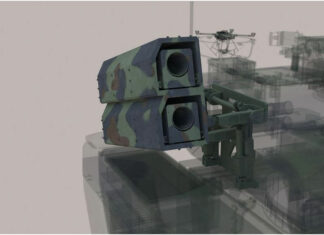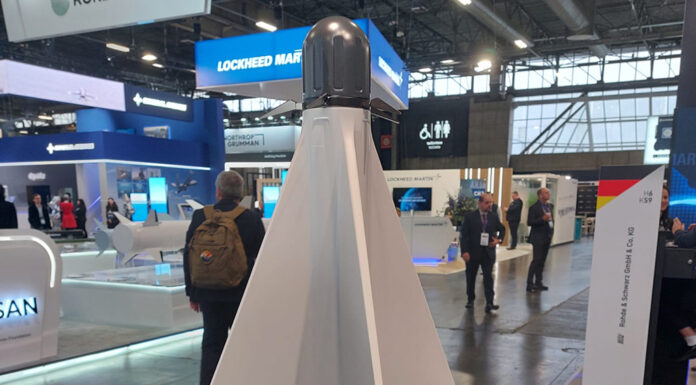
The U.S. Army is moving forward with an operational evaluation in Afghanistan, of the new, XM-25 Counter Defilade Target Engagement (CDTE) weapon system. Following this current evaluation, the Army will decide on the future procurement of 12,500 CDTE systems to be issued beginning in early 2014.
Under the recent evaluation several XM-25 prototypes arrived in Afghanistan in November. These weapons are being carried actively on patrols, and in various combat outposts. According to Lieutenant Colonel Chris Lehner, CDTE Project Manager personnel from the Army PEO Soldier conducted new equipment training with select units and are monitoring the use and performance of the systems during the assessment period. “Feedback from soldier will allow the Army to make engineering refinements to the system and will assist the Army in making future decisions regarding budget, tactics, basis of issue, and other improvements Soldiers want to see in the weapon system.” Lehner added. The next phase for the XM25 program is to build a large quantity of production representative weapons and ammunition in 2011 to deploy into Afghanistan for further combat assessments. Under the planned procurement the new weapons will be issued to Special Forces team and to infantry squads, to receive one XM-25 each.

“For centuries, combatants have been trained to protect themselves from direct fire by seeking cover behind a rock, tree, wall, trench, or anything that could stop a projectile. Soon this rule will no longer apply. ” said Lehner, “The XM25 removes an enemy’s protective cover because it fires a High Explosive Airburst (HEAB) round that can be programmed to detonate at precise distances past the cover and next to the enemy. The HEAB round also has a point detonation capability so whether the enemy is behind cover or in the open, they can be neutralized.”
Parallel to the development of the weapon system, ATK is also developing a new family of ammunition. L3 Communications is the subcontractor in charge of the weapon’s optronic fire control system.




















